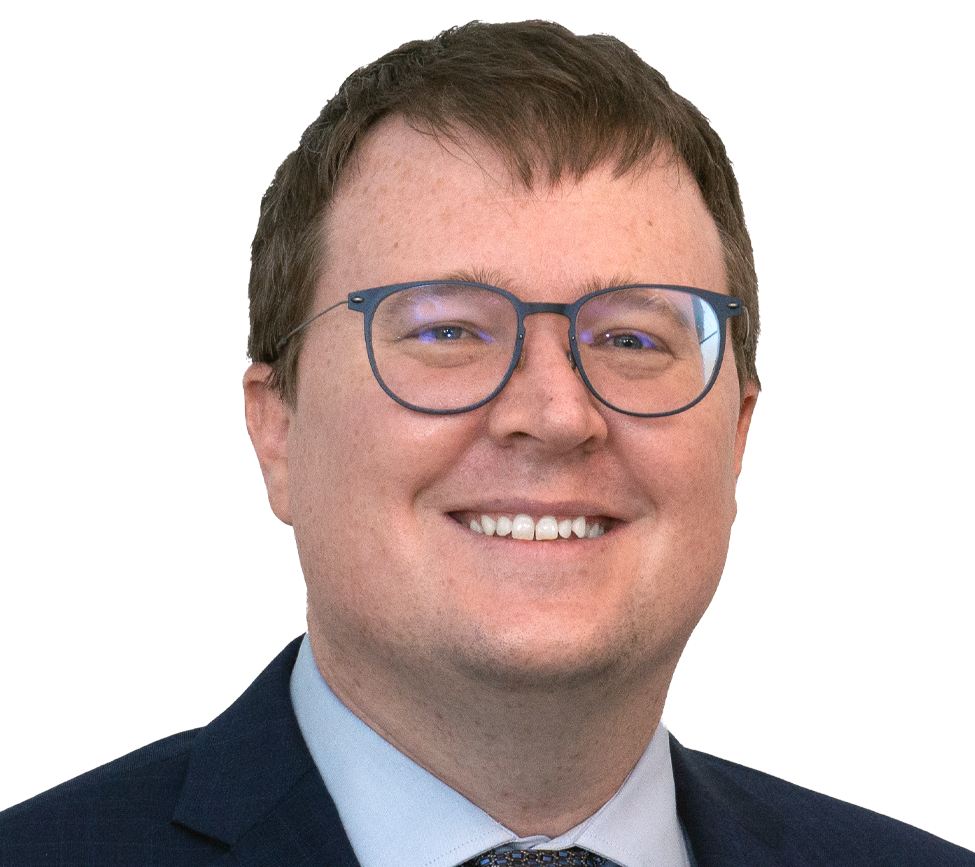

- Ph.D., Biomedical Engineering, Emory University, 2013
- Ph.D., Biomedical Engineering, Georgia Institute of Technology, 2013
- B.A., Physics and Mathematics, St. Olaf College, 2007
- Professional Engineer Mechanical, California, #39173
- Professional Engineer, Georgia, #PE047098
- Professional Engineer Mechanical, Texas, #142095
- Certified English XL Tribometrist (CXLT)
- Certified Forklift Operator for Sit-Down Counterbalanced Forklifts
- Northwestern University Center for Public Safety, Traffic Crash Reconstruction for Engineers
- Sigma Pi Sigma (National Physics Honor Society)
- U.S. Department of Veterans Affairs (VA) Rehabilitation R&D Career Development Award, Level 1, 2015-2016
- 1st Place, PhD Podium Competition, American Society of Mechanical Engineers (ASME) Summer Bioengineering Conference, 2012
- American Association for the Advancement of Science (AAAS) Mass Media Fellow, 2012
- American Heart Association (AHA) Predoctoral Fellowship, 2011-2013
- National Science Foundation (NSF) Graduate Research Fellowship, 2008-2011
- Association for Research in Vision and Ophthalmology (ARVO), Member
- SAE International, Member
- Member, Powered Micromobility Vehicles Committee
- ASTM International, Member
- Member, Powered Scooters & Skateboards Committee
- American Society of Mechanical Engineers (ASME), Member
Dr. Campbell provides technical expertise in injury biomechanics, injury tolerance, and human kinematics (motion), with a particular interest in ocular injuries, traumatic brain injuries, and orthopaedic and spinal injuries. He conducts research in micromobility products (including electric scooters and bicycles) and analyzes specific incidents resulting in an injury.
Dr. Campbell has analyzed a variety of other transportation-related events (involving passenger vehicles, public transport vehicles, heavy trucks, agricultural equipment, and autonomous vehicles); slip, trip, and fall incidents; and claims regarding product safety (including restraint systems, industrial equipment, automotive seats, and highway safety technology). He also has background in human-robot interaction injuries and is knowledgeable about standards associated with that area. In general, his analyses include a review of known injury mechanisms and a quantitative evaluation of biomechanical loading and/or kinematics during a specific event. His analyses may include an investigation of the biomechanical effects of safety countermeasures, personal protective equipment (PPE), or alternative designs.
Dr. Campbell is especially well-versed in soft tissue biomechanics, including damage and disease processes in collagenous and neural tissue. His extensive research experience in ocular and cardiovascular biomechanics includes laboratory-based mechanical testing of biological tissue, finite element computer modeling of tissue deformations and strains, and computational fluid dynamics modeling of blood flow. Dr. Campbell has designed and conducted research in the biomechanical loads on the head and neck during activities of daily living (ADLs) using motion capture technology, accelerometers, and inertial motion units (IMUs). He has also analyzed the biomechanical loading and motion of anthropomorphic test devices (ATDs, or "crash test dummies") in crash and sled testing.
Prior to joining Exponent, Dr. Campbell held research positions at the Department of Veterans Affairs and the Georgia Institute of Technology. He earned his Ph.D. in Biomedical Engineering from the Wallace H. Coulter Joint Department of Biomedical Engineering at the Georgia Institute of Technology and Emory University. In his work, Dr. Campbell has implemented advanced data acquisition techniques through the use of digital image analysis and mechanical sensors such as pressure transducers, IMUs, and load cells. He also has experience in the development of computational code for analysis of tissue testing data, and he has extensive quantitative medical image analysis experience, including MR, CT, OCT, and microscopy imaging modalities. In addition to his technical skills, Dr. Campbell excels at communicating scientific and technical subjects to a broader audience. For example, as an AAAS Mass Media Fellow in 2012, he worked as a science, environment, and health journalist at The Oregonian.